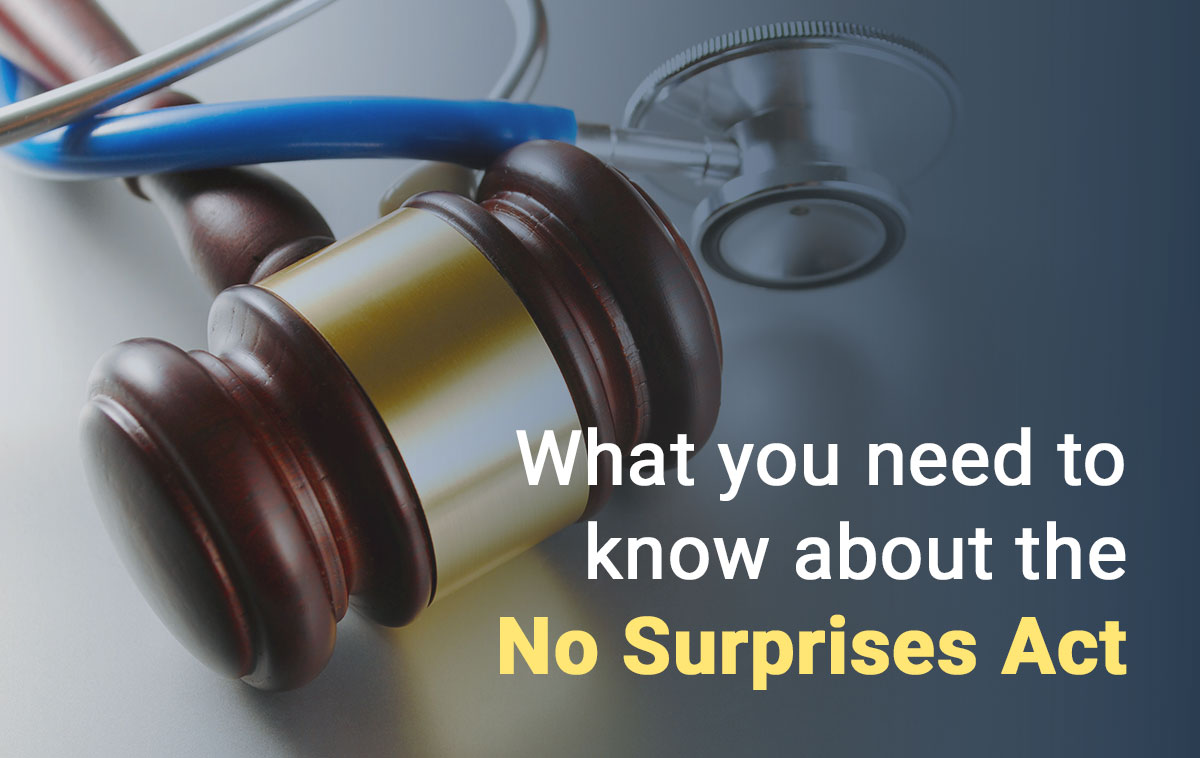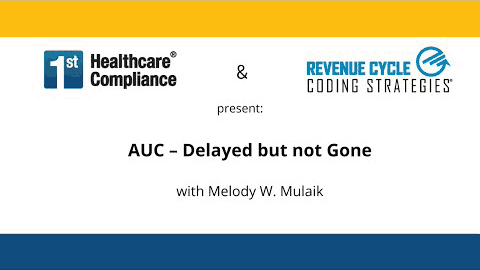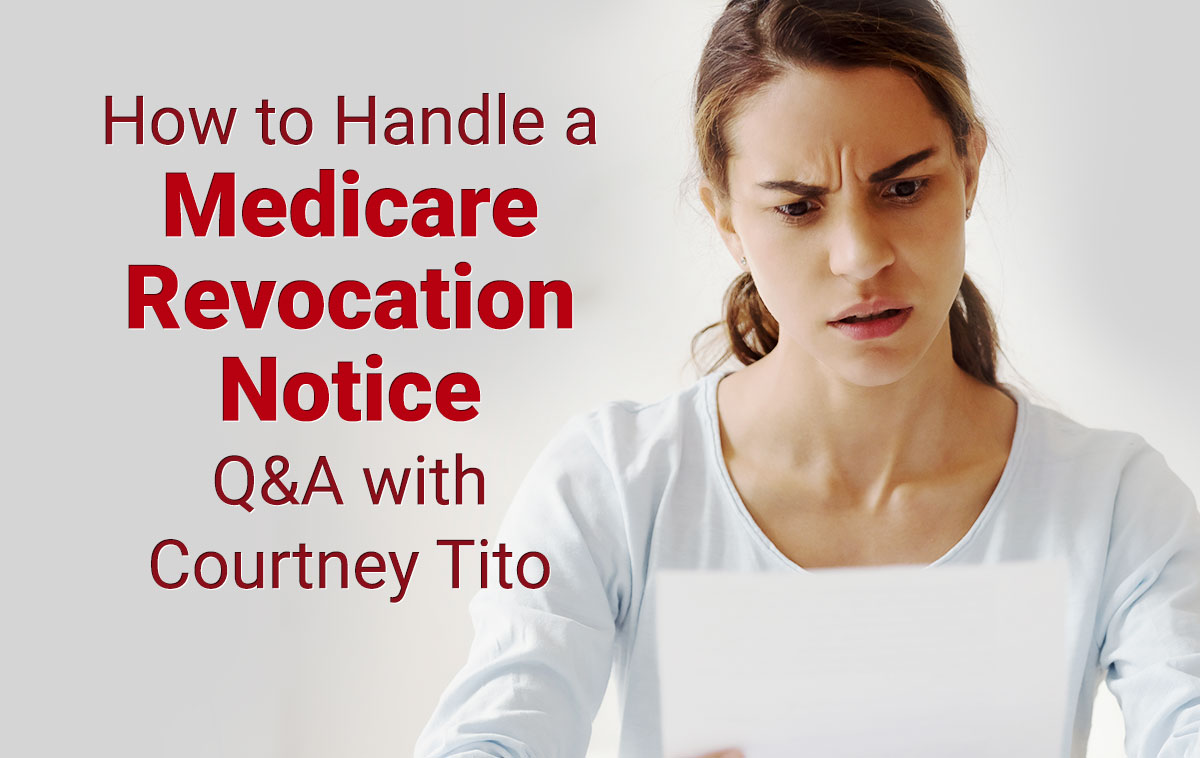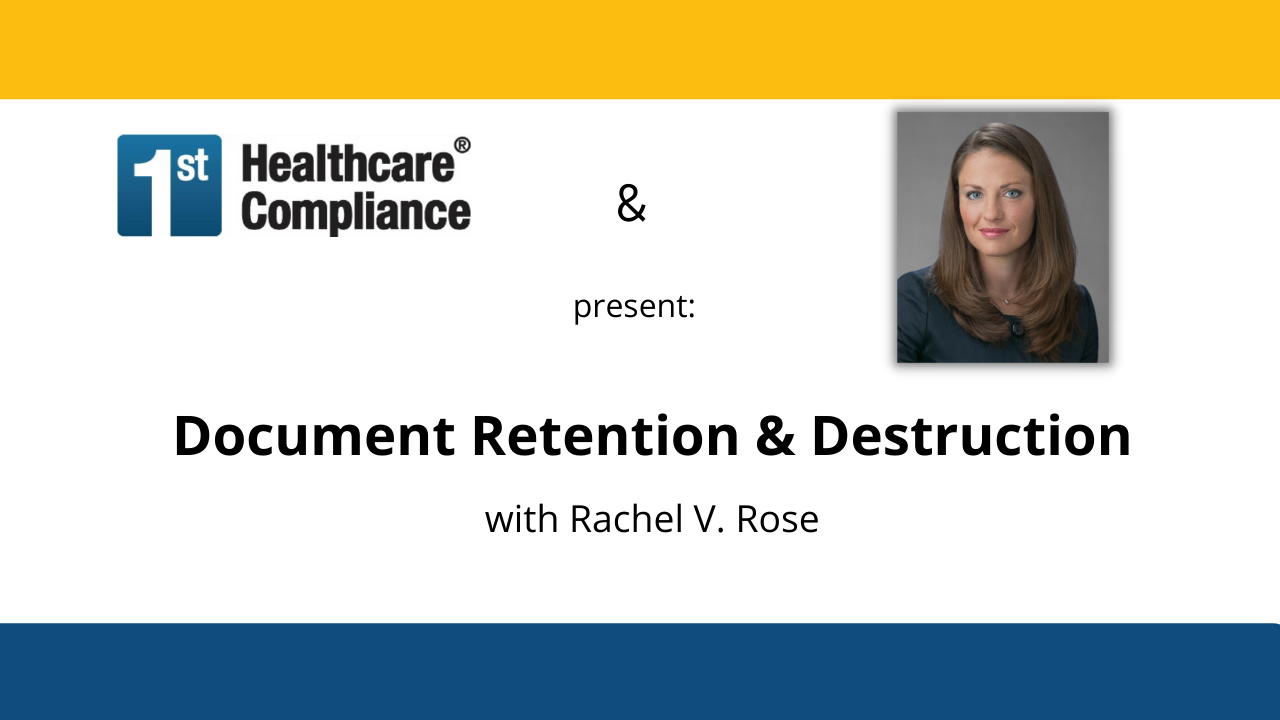
Infographic: Compare the Stark Law and Anti-Kickback Statute
The Federal Anti-Kickback Statute and the Stark Law are often confused because both laws deal with remuneration related to improper referrals. Large groups and multi-specialty practices must make an effort to
manage referrals and ancillary services while adhering to these important regulations. It's helpful to understand the fundamental distinctions between the two laws. Please view our helpful infographic.

Avoiding Government Data Mining for Fraud
Stephen Bittinger Partner with K&L Gates in the firm’s Charleston office and a member of the health care/FDA practice group will lead the presentation Avoiding Government Data Mining for Fraud at the Healthcare Compliance Symposium 2022 on April 28, 2022.

What you need to know about the No Surprises Act
Enacted in late 2020 as part of the Consolidated Appropriations Act of 2021 with an effective date of Jan. 1, 2022, the No Surprises Act (NSA) underscores its primary purpose is to protect patients from surprise medical bills when receiving certain services from – emergency services, non-emergency services from nonparticipating providers at participating facilities, and air ambulance service from nonparticipating providers. (86 Fed. Reg. 36872 (Jul. 13, 2021)).

AUC – Delayed but not Gone
Melody W. Mulaik, MSHS, FAHRA, CRA, RCC, RCC-IR, CPC, CPC-H is the President of Revenue Cycle Coding Strategies LLC and our esteemed presenter. 2022 was scheduled to be the the official implementation date for AUC/CDS implementation but the 2022 Proposed Rule threw everyone a little curve ball. While a delay might occur it does not change the direction of the program or the need to prepare and test. As providers continue to either prepare their own practices or bridge the gap with imaging facilities, it is important that everyone be on the same page throughout the CMS implementation and remaining testing period.

How to Handle a Medicare Revocation Notice, Q&A with Courtney Tito
Courtney Tito, Member of the Health Law group at McDonald Hopkins, LLC in its West Palm Beach office recently presented the webinar “Don’t Let a Medicare Revocation End Your Practice.” Courtney returned to answer many commonly asked questions from the webinar.

Document Retention & Destruction
Rachel V. Rose, JD, MBA, principal with Rachel V. Rose – Attorney at Law, P.L.L.C., Houston, TX presents this highly informative webinar. A multitude of laws, including HIPAA, require that certain types of documents be kept for a certain period of time. How does document retention play out for public companies subject to SOX and what should companies do in the event of a legal hold or a preservation request? This presentation addresses laws that are relevant to healthcare industry participants, as well as compliance suggestions, and steps to take when either a legal hold or a preservation request arrives.
